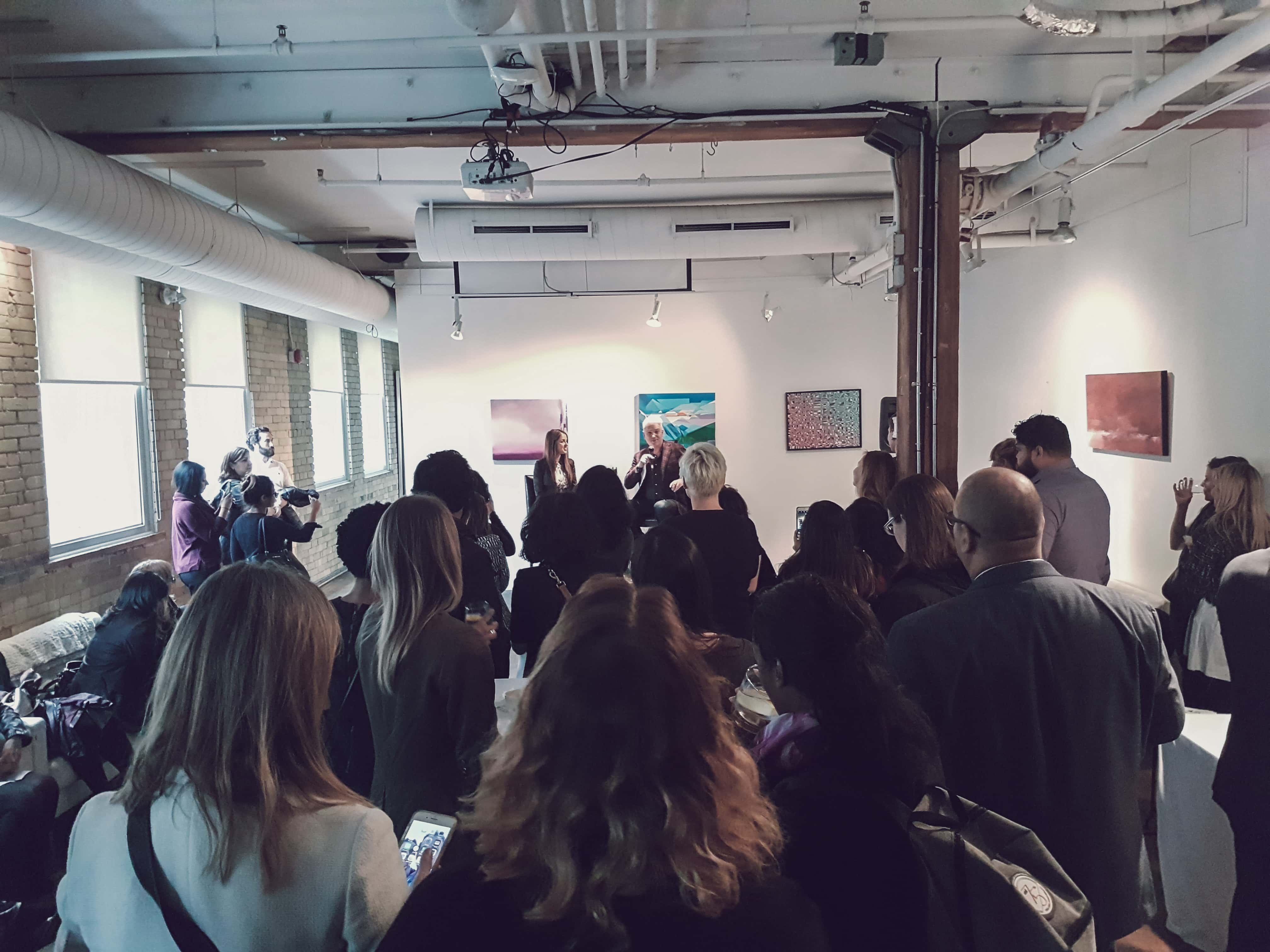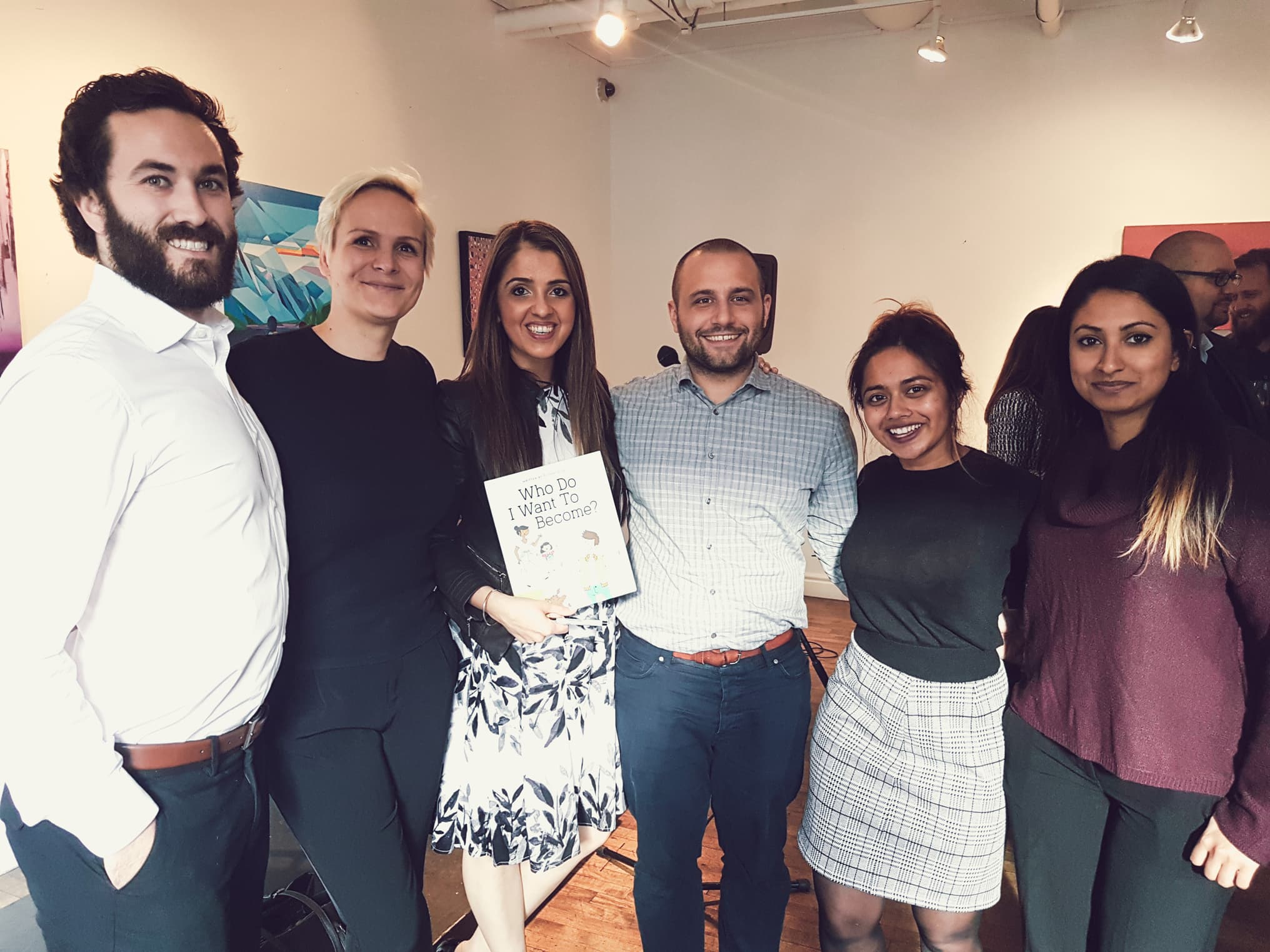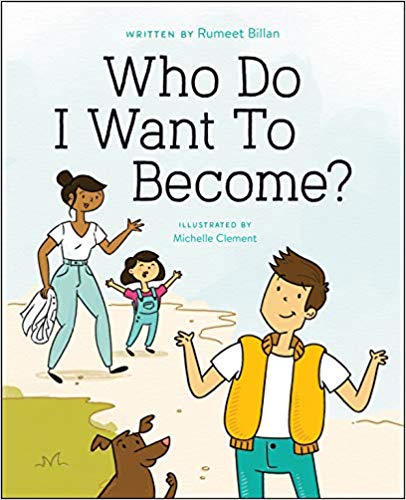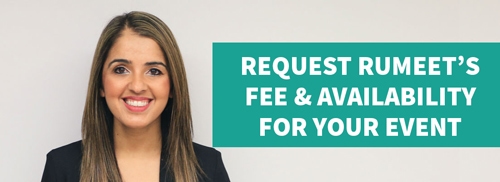Reframing Conversations About the Future & Developing Psychological Capital
 Dr. Rumeet Billan is an award-winning entrepreneur, learning architect, and humanitarian. Her mission is to raise human potential by designing experiences that build resilience and help you understand your psychological capital. This fall, Rumeet was the lead contributor to the Tall Poppy Syndrome study, which examines how a staggering 87.3 percent of respondents felt their achievements have been undermined by others in the workplace. Her presentations help organizations uncover and nurture potential in their employees by using innovative strategies to bolster emotional intelligence and resiliency.
Dr. Rumeet Billan is an award-winning entrepreneur, learning architect, and humanitarian. Her mission is to raise human potential by designing experiences that build resilience and help you understand your psychological capital. This fall, Rumeet was the lead contributor to the Tall Poppy Syndrome study, which examines how a staggering 87.3 percent of respondents felt their achievements have been undermined by others in the workplace. Her presentations help organizations uncover and nurture potential in their employees by using innovative strategies to bolster emotional intelligence and resiliency.
It’s WHO You Are That Matters Most
In her new book Who Do I Want To Become?, Rumeet uses the analogy of a school project to introduce the idea that we need to reframe the questions we ask in order to shift the conversation from what someone wants to be when they grow up to who they are and who they want to become. This illustrated book is for anyone, of any age, who has been stumped by the question: “What do you want to be when you grow up?” Rumeet argues that in order to be successful and happy, it is important to rethink how we talk about careers and how we, ourselves, think about our own future.
Who Do I Want To Become? is available in English, French, and Spanish with a Braille version in production. At NSB, we were thrilled to attend and be a part of the book launch event where every purchase resulted in an in-kind donation to a cause close to Rumeet’s heart; A donation of 100 Spanish Edition books was made to rural schools in Nicaragua to help inspire students there to reach their full potential.
Insights From Her Keynote Presentation
Rumeet incorporates the key messages found in this book throughout her keynote presentations. Her talks and new book stress the importance of resilience and psychological capital, which Rumeet believes is a capability that can be developed, measured, and managed. She empowers audiences to build this muscle within themselves, especially when it comes to skills-development for the ever-changing future. As members of today’s workforce, it’s important to realize that the future of work is unknown. In order to be future-ready, Rumeet highlights the importance of flexibility and adaptability.
By discussing past experiences and obstacles, we can help shape and inform how to approach future challenges and equip ourselves to become more resilient. These types of dialogue are different from what we are used to but are essential for building resilience and a positive way of thinking about the future.
Request Rumeet to speak to your audience
Book Launch

Rumeet sharing some details on how the idea for the book came to be.

Members of our team in attendance for the book launch.
In the Media
Hear Rumeet’s interview on Global News:


